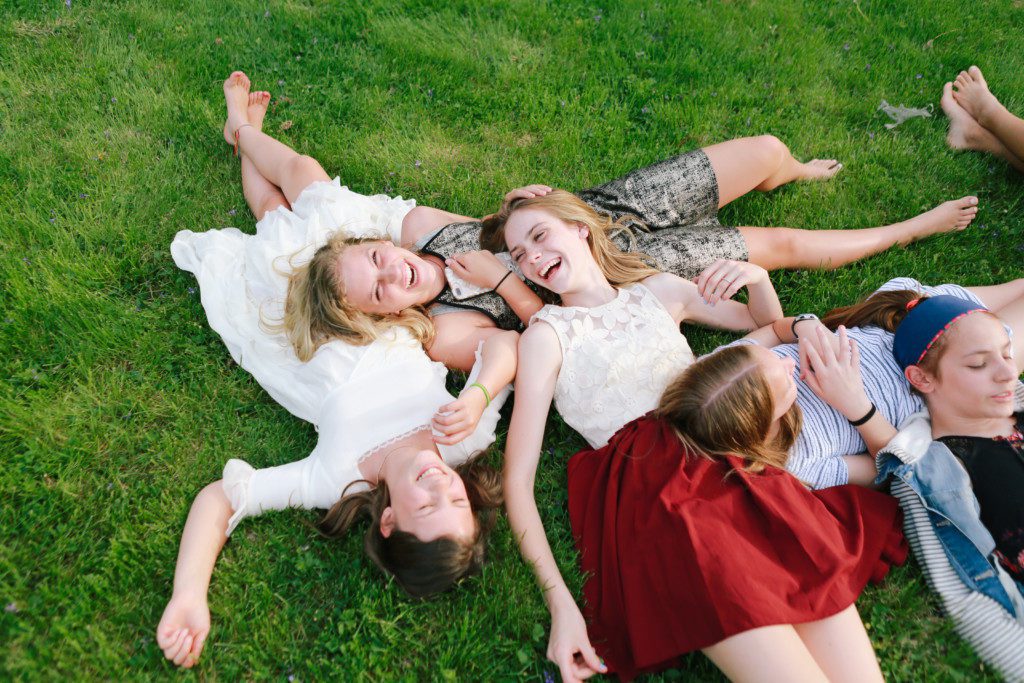Relationships are the most fulfilling and essential part of a happy life. Yet, building healthy relationships with family, friends and romantic partners is not easy. After 38 years of trial and error, many kissed frogs, tears, breakups, broken friendships, mended friendships, drifted friendships, deep hurt, healing, personal growth, self-awareness, humility and acceptance, I have learned at least one thing: Relationships are hard work!
As I watch my newly-turned teenage daughter start to wade through the sensitive and messy waters of her young relationships, my heart simultaneously aches and thrills. So much beauty and pain are ahead of her. I know she has to experience her own losses and mistakes in order to understand herself and others. But oh, how I wish I could soften the emotional blows that will come! If I could, I would transfer all the lessons I’ve learned in my decades of life right into my girl’s brain. Of course, that’s not possible. Instead, I’ll focus on imparting a few core fundamental pieces of wisdom.

1. People cannot read your mind.
In personal relationships, if you are hurt by a word or action, feel like you have been treated wrongly, or something has upset you, you HAVE TO TELL the other person in order to fix it. It is not their fault that the problem continues if you haven’t even told them it bothers you. Be strong and kind, but have the tough conversation. It won’t be fun, but it will give your relationship the opportunity to grow and become more fulfilling for both parties. Honest communication is everything.
2. Do not, under any circumstances, believe what you hear about anyone….
Unless you hear it directly from the source. I don’t care if everyone you know has the same opinion. Make your own decisions about people with grace and an open mind. And if you want to know something, go ask the person involved. Gossip and rumors are beneath you. Stay above it. High road, baby.
3. Don’t hold grudges.
Bitterness towards someone will eat you from the inside out, ruin your days and tarnish your outlook. Self-justified anger only hurts you. It doesn’t even touch the person you are mad at. Forgive and forgive and forgive. Make it your mantra when you’re hurt. Make it your prayer when you’re angry. Make it your freedom when you feel trapped by cruelty. Forgive and forgive and forgive.
It’s our job as parents to allow our kids to experience the highs and lows of relationships while guiding them to understand the inherent lessons.
This is often hard to do when every bone in our body wants to comfort, defend and protect. Practically speaking, when your child is going through a tough time in a friendship or is experiencing hurt feelings in a relationship of any sort, try to refrain from stepping in beyond discussion. Acknowledge and validate their feelings, expressing that they are not alone in their experience. Then, encourage them to think critically about the words and events that led to the problem. What could have been done differently? What are the options to repair the relationship? Is the relationship one worth repairing?
Teaching our children to truly value and protect their relationships is one of the greatest gifts we can give them. Positive friendships, family relationships, and romantic relationships don’t just “happen.” They take time, sacrifice and personal investment. Healthy relationship building is a lifelong learning process, so let’s start our kids off on the right track and lead by example.









